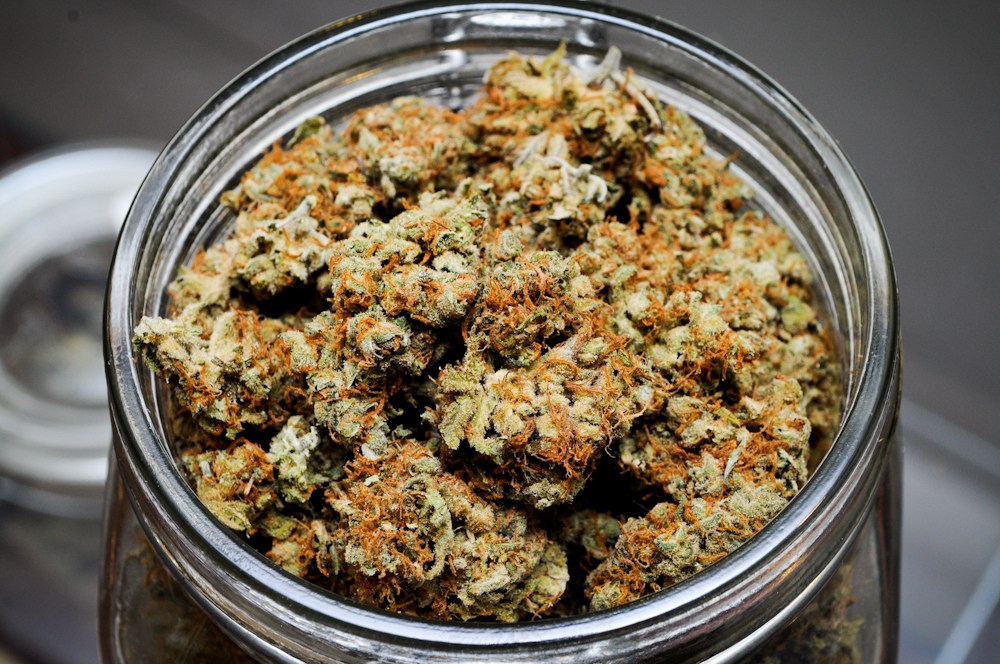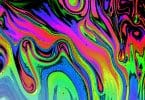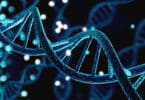Since one-quarter of epilepsy patients suffer from a drug resistant form of the disease, researchers are turning to cannabis as an alternative therapeutic option; and with great results.
Cannabis has been used to treat epilepsy since as early as 1800 B.C. in Sumer, the first urban civilization of the ancient region of Southern Mesopotamia. Actual clinical trials began in the 1970s, but started losing traction towards the end of the decade. Interest in this topic was revived during the 1990s after the discovery of the endogenous cannabinoid-signalling system.
Since 2013, more and more studies have been circulating and there are currently 25 clinical trials underway to fully determine the safety and effectiveness of CBD for nervous system disorders. The majority of this research is taking place in Israel, although some prominent studies have emerged from Europe and the United States as well.
What is Refractory Epilepsy?
Refractory epilepsy also referred to as uncontrolled, intractable, or drug resistant, is a form of epilepsy that occurs when a patient has completed trials of at least two different medications and still failed to become seizure free. Nearly 25% of people suffering from epilepsy are medicinally resistant.
Once their refractory status is established, alternative options are introduced, but even those have been less effective than hoped. This is exactly the reason more therapeutic options are needed, and most medical professionals are looking in the direction of CBD. Cannabidiol has proven to be quite effective at treating epilepsy, especially the refractory type. Often, people report better results from CBD than the initial treatment options that are prescribed to them.
How Cannabis Can Help
In both in vitro and animal models, CBD and THC were determined to have anticonvulsive properties, although CBD was found to be much more effective. According to the most recent study out of Israel, “CBD is considered to be mediated by G protein-coupled cannabinoid receptor type 1 (CB1R) and type 2 (CB2R), as well as by other non-cannabinoid receptors. CB1R mediates neuronal inhibition by decreasing calcium influx and increasing potassium efflux in presynaptic terminals, thus modulating epileptiform activity by inhibiting excitatory glutamatergic neurotransmission.”
In layman’s terms, CBD works with the cannabinoid receptors in our body to decrease calcium and increase potassium in presynaptic terminals, thereby inhibiting neurotransmitter stimulation and reducing seizures. Additionally, another method that was observed is CBD’s ability to block “NMDA receptors and modulation of GABAergic and glutamatergic synapses, as well as cannabinoid receptor-independent mechanisms,” all of which regulates excitatory transmission, synaptic plasticity, and memory function.
Methods and Research
Initially, seventy-four patients suffering from refractory epilepsy were monitored for three months or more, but that number was increased to one hundred twenty-nine subjects, all 25 years of age or younger. Sublingual cannabis oil extract from either the “Cheese Pie” or “Avidekel” strains were given to the patients three times per day. Both of these strains have a CBD:THC ratio of 20:1. Treatment efficiency was evaluated using a change in the mean monthly frequency of seizures. Out of the patients studied, “89% reported a reduction in seizure frequency: the reduction was 75–100% in 18% of patients, 50–75% in 34%, 25–50% in 12%, and less than 25% in 26% of subjects. Furthermore, 7% of patients reported aggravation of seizures which led to CBD withdrawal.”
The patients referenced by Tzadok and his research team were provided with a whole plant mixture of extracts with a fixed CBD:THC ratio. What has yet to be determined is how other compounds, such as terpenes, flavonoids, and other derivatives, come into play. Many scientists are now working to determine what mixtures of phytocannabinoids are effective for various conditions.
Conclusion
To summarize, a substantial amount of patients felt considerable relief when using CBD, meaning it should be looked at as a legitimate option for treating refractory epilepsy. However, more randomized, blinded, and placebo-controlled clinical trials are needed to determine the exact cannabinoid combination needed and the interaction with other drugs.
[Image credit: Flickr]








